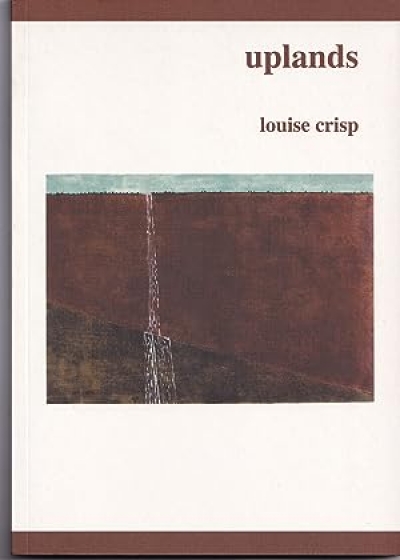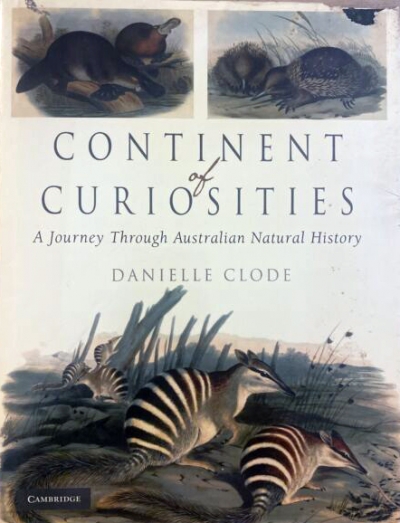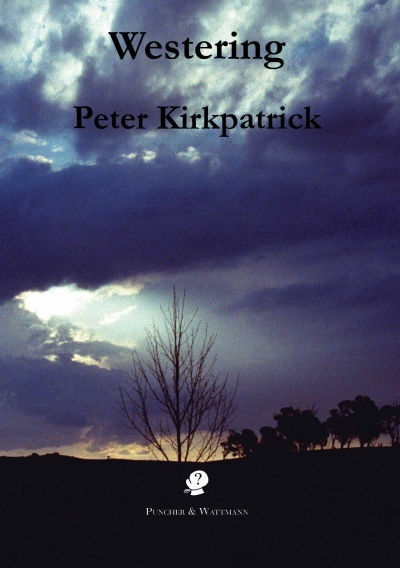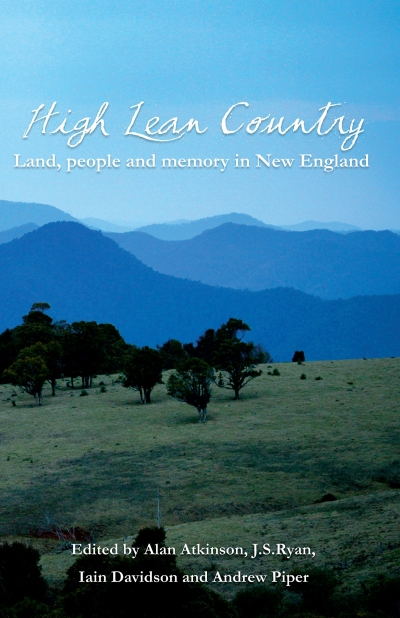Archive
The Evolution Revolution: Design Without Intelligence by Ken McNamara and John Long
The Feasts and Seasons of John F. Kelly by Robert Pascoe
Sunday newspapers are full of oddities, but the Sunday Age of 20 May 2007 contained a most curious story about Meanjin, whose future has been the subject of much rumour and conjecture in recent months. Nestled against yet another outsize story about Harry Potter was an article by Carmel Egan about the future of Meanjin, ‘the tiny but influential literary magazine’ which has been published since 1940. Ms Egan reported that the Meanjin board has recommended to the University of Melbourne that Melbourne University Publishing (like Meanjin, a wholly owned subsidiary of the university) should ‘take over administration and distribution “in the best interests” of the magazine’, and that a decision on Meanjin’s future will be made by the university’s board of management – ‘within the next two months’.
... (read more)Continent of Curiosities: A journey through Australian natural history by Danielle Clode
Universal dictionaries are no longer possible or desirable. If we would conquer the realm of knowledge we must be content to divide it.’ Thus wrote The Times on 5 January 1885 in its first article on the Dictionary of National Biography (DNB), whose initial supplement – the first of an eventual sixty-three published over the next fifteen years – was then about to appear.
... (read more)






